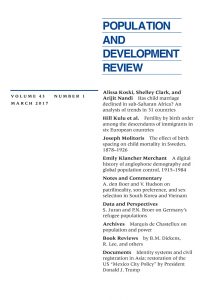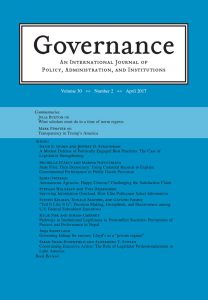Gender and Race Politics in the Discourse of Mothering

Woman and a baby (Wikimedia)
Mothering has been in the news lately. TIME Magazine’s cover story on breastfeeding in May caused quite a stir; so did Anne-Marie Slaughter’s piece for the Atlantic, which discussed the difficulty women face when trying to balance work and family. TIME’s piece points to the increasing pressure on women to do everything right when it comes to being a mom: The rise in attachment parenting (even in a watered-down form) places great responsibility on women to do all they can, and more, to take care of their children, even as their presence in the workforce grows. Slaughter explains how the current structure of the American economy prevents mothers from being able to invest fully in child-rearing. This is an important point. As a society that claims to hold strong family values, we don’t do much to support families. But despite some good points, these articles leave much to be desired. The numerous responses that have appeared all over the Internet have tried to address these gaps, but there are a few points that I’d like bring up here.
In both cases, two important things are overlooked. First of all, neither article devotes much time discussing the gender of parenting. Both make a passing mention of the unequal division of parenting labor that demands high investments from women while men are asked to play a supporting role. But passing mention is not enough. In the same issue of TIME, Nathan Thornburgh writes a blurb on “detachment fathering,” suggesting that men are alienated by parenting because children seem to belong to the mother “in a deep, unspoken, irrevocable way” (p. 38). Fathers respond, Thornburgh writes, by checking out a bit and being more relaxed than mom can be in her parenting role. Not only does he defend detached fathering as a defense mechanism for men saddened by their distant relationship with their kids, he also suggests that this can actually help out the mother. Now, I’m not too clear on the logic here because it seems to me that when dad checks out there would be more pressure on mom to pick up his slack. But regardless, Thornburgh ignores the real problem: Men can avoid the parenting responsibility without much stigma, or can involve themselves greatly and receive much praise. Women who avoid parenting (through not having children, working outside the home and leaving the kids in someone else’s care, or by actually abandoning the children they have) are highly stigmatized; but when we invest fully in parenting, even in the extreme form of attachment parenting, no one gives us a standing ovation. Slaughter’s article also glosses over this point. Why do women feel the need give up their high-profile jobs to stay home if the children are suffering? Why not ask dad to work from home? She suggests both socialization and psychology—the social expectations placed on women, but also a deeply-felt need to be around their children in a way that men don’t experience. But the real issue is the socialization side—men aren’t expected to be a big part of the family, while women can’t help but take some stance on mothering (see Jessica Valenti on this point).
But this needs even more clarification, and brings me to my second concern about these articles: They lack an intersectional approach to the issue of parenting. They ignore the race of parenting. Our society is only invested in certain women as mothers: white, predominantly middle-class women. Dorothy Roberts makes this point resoundingly clear in her still-relevant classic, Killing the Black Body. Our society consistently promotes white women’s fertility and delegitimizes black mothers—in the media, in public policy, and in unequal access to medical care. So when we talk of attachment parenting or the pressure on women to return to the home from the workplace, we need to be clear that our society really only wants this from an elite group of women. Several critiques of Slaughter’s article have mentioned that her argument comes from a place of extreme privilege and that most women who work do not have the luxury of quitting a job to spend more time at home (for example, see Katrina vanden Heuvel’s opinion piece). But even this doesn’t get at the crux of the issue, that being valued as a parent is a white privilege, even though it is rooted in sexist ideology. It is about time that we start addressing not just the gender inequality in parenting, but also the racial inequality that structures our very idea the family.
Further reading






You make some very good points here. But don’t forget the huge media attention that Amy Chua’s book on the ‘Tiger Mom’ received a while back. It sparked a major debate about Chinese parenting versus western parenting styles, and in doing so, highlighted cultural differences. But of course, it was all still only about privileged, well-educated mothers. Social class barely rated a mention.
note the insightful commentary on another discourse of mothering by another Sociology Lens editor… http://thesocietypages.org/sociologylens/2012/07/08/battle-hymn-of-the-steriotype-mother/